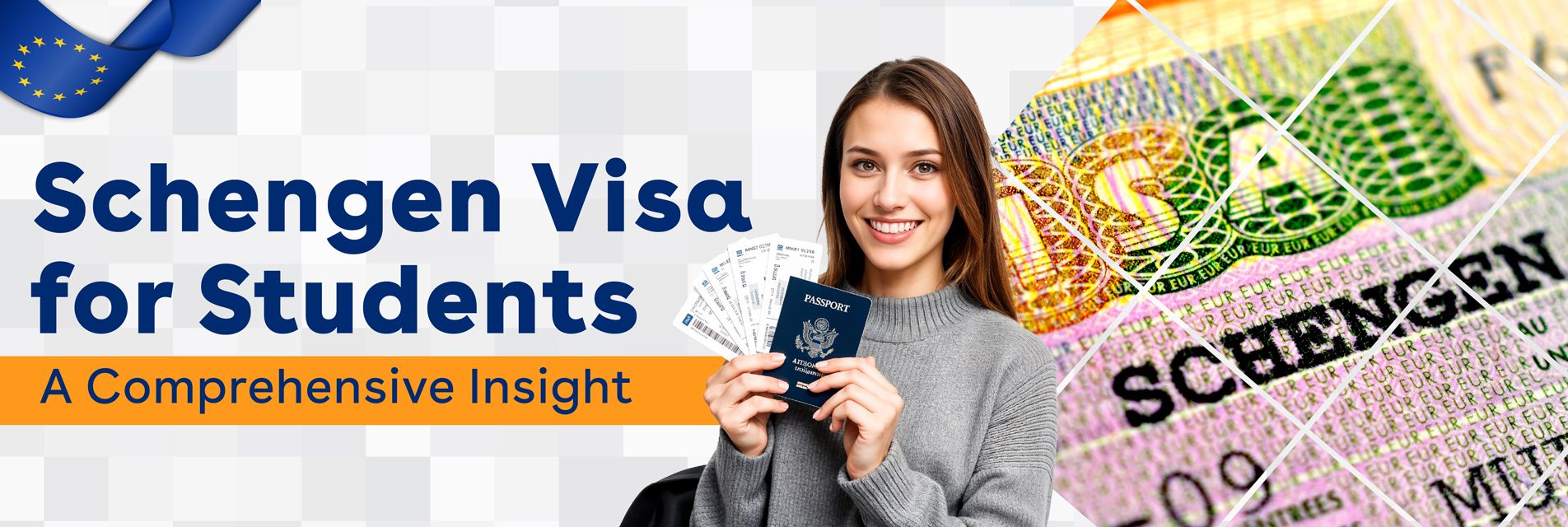Europe has become a hot spot for international students when it comes to pursuing higher education. The continent is home to some of the world’s oldest and top universities. Furthermore, research institutions are leading the way in fields like science, technology, engineering, and many more areas of study.
However, Europe’s charm lies in its diversity. Each country offers a unique blend of culture, history, and modern innovation. The benefits of studying here go beyond academics. This means international students can spend their weekends strolling through Paris, skiing in the Alps, or soaking in the architectural beauty of Italy. From its world-class museums to vibrant city life, Europe offers students an education that extends beyond the classroom. To experience this, there’s one essential element that students need to secure, it is the Schengen Visa.
